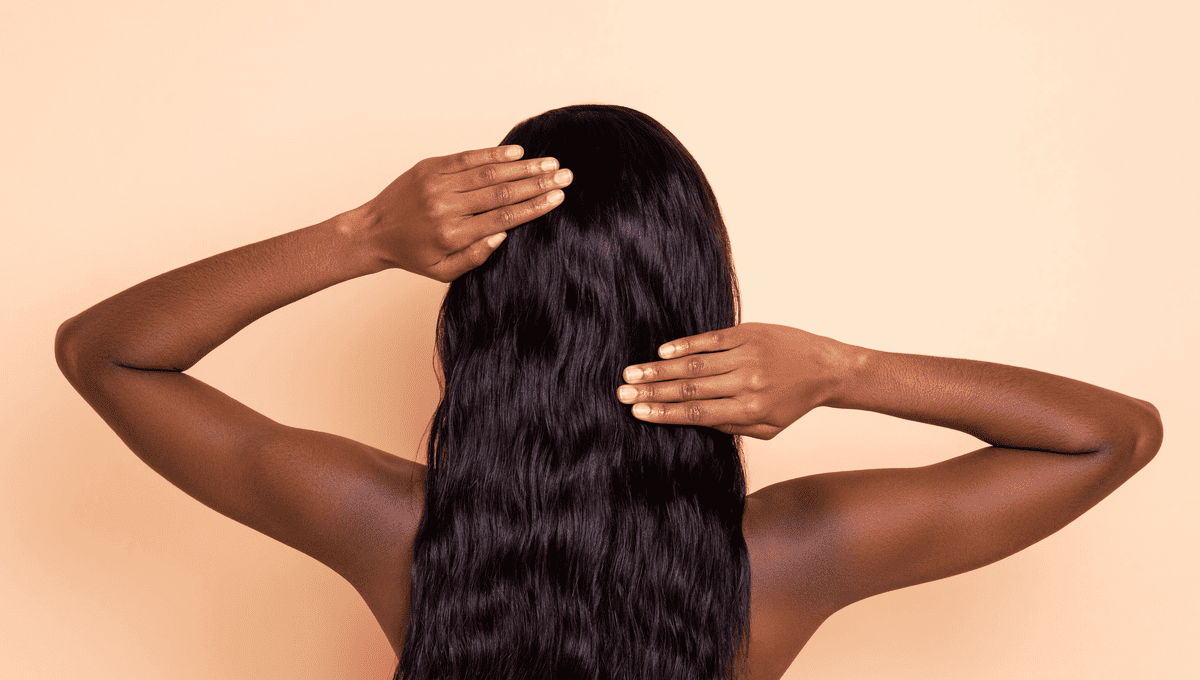
People who use chemical hair straighteners are at an increased risk of uterine cancer, according to a new study from researchers at the National Institutes of Health. The results are particularly concerning for Black women, the authors note, due to their higher and more long-term use of such products.
“To our knowledge this is the first epidemiologic study that examined the relationship between straightener use and uterine cancer,” said Alexandra White, head of the National Institute of Environmental Health Sciences (NIEHS) Environment and Cancer Epidemiology group and lead author on the new study, in a statement.
But, she added, “more research is needed to confirm these findings in different populations, to determine if hair products contribute to health disparities in uterine cancer, and to identify the specific chemicals that may be increasing the risk of cancers in women.”
The researchers used data from the Sister Study – a project led by the NIEHS aiming to learn how environment and genes may affect the chances of getting breast cancer and other conditions. This gave them access to a sample tens of thousands of people in size. They followed more than 33,000 of these women for more than a decade, during which time 378 cases of uterine cancer were diagnosed.
But not every participant had the same risk, the study revealed. “We estimated that 1.64 percent of women who never used hair straighteners would go on to develop uterine cancer by the age of 70” explained White. But for frequent users – defined in the study as those who used straightening products at least four times per year – “that risk goes up to 4.05 percent,” she said.
While the study didn’t collect information on which individual brands or ingredients may be behind this trend, previous studies have found several chemicals in straightening products that can disrupt the endocrine system – an effect that has previously been linked to higher rates of endometrial cancer. Straightening agents have been linked to higher rates of breast and ovarian cancer, too, and most disturbingly, such ingredients are not always listed on products – even those marketed to children.
The study also adds to an already massive body of evidence showing that, when it comes to racial disparity in health outcomes, it is racism, not race, which is most to blame. For many Black women, altering their hair to fit more closely with a white beauty ideal is “a social and economic necessity”, wrote Chanel Donaldson in the Fall 2012 issue of New York University’s Applied Psychology Opus; it “reflects a continued effort on the part of Black women to assimilate into ‘normal’ society by blending in and embodying a non-threatening image.”
And there can be real and devastating consequences for those who reject these unspoken beauty rules. Studies as recent as 2020 have shown that Black women risk being perceived as less professional or competent if they wear their hair in natural, non-straightened styles. In 2016, the Eleventh Circuit ruled that any natural Black hairstyle other than the afro could legally be banned in professional settings. This discrimination starts early: kids as young as six years old have even been excluded from class or extra-curriculars for wearing styles that don’t require artificial straightening to achieve.
All of which puts Black people, and Black women in particular, at a dramatically increased risk from their everyday hair routines. “Sixty percent of the participants who reported using straighteners were Black women,” Chandra Jackson, a participant in the NIEHS Earl Stadtman Investigators program, who co-authored the study, told NBC News. “The bottom line is that the exposure burden appears to be higher among Black women.”
But while the increase in risk for regular users of straightening products is “notable”, White cautioned against taking the results out of context.
“This doubling rate is concerning,” she said. “However… uterine cancer is [still] a relatively rare type of cancer.”
The study was published in the Journal of the National Cancer Institute.
Source Link: Hair Straightening Products Linked To Higher Risk Of Uterine Cancer, Study Finds